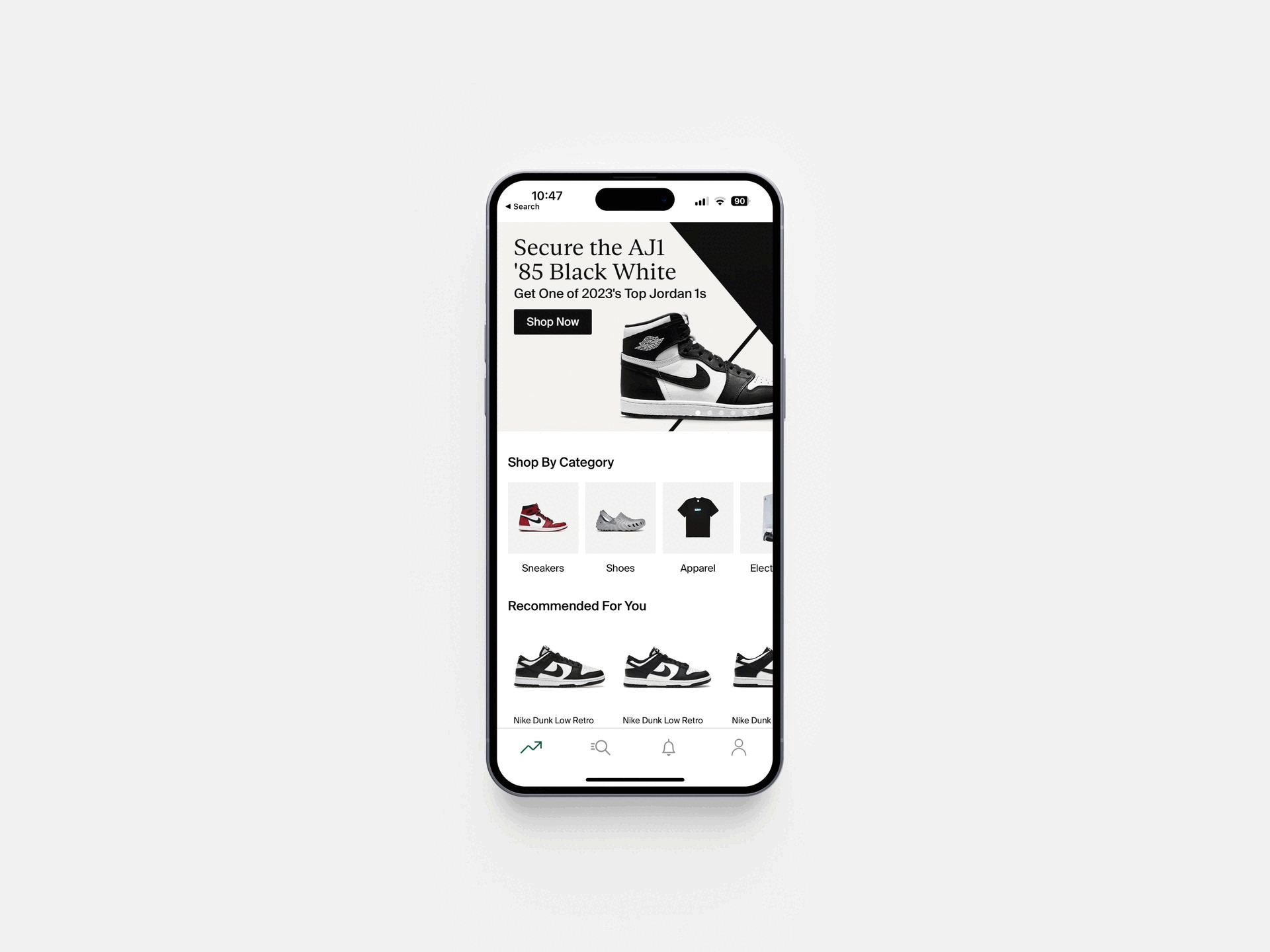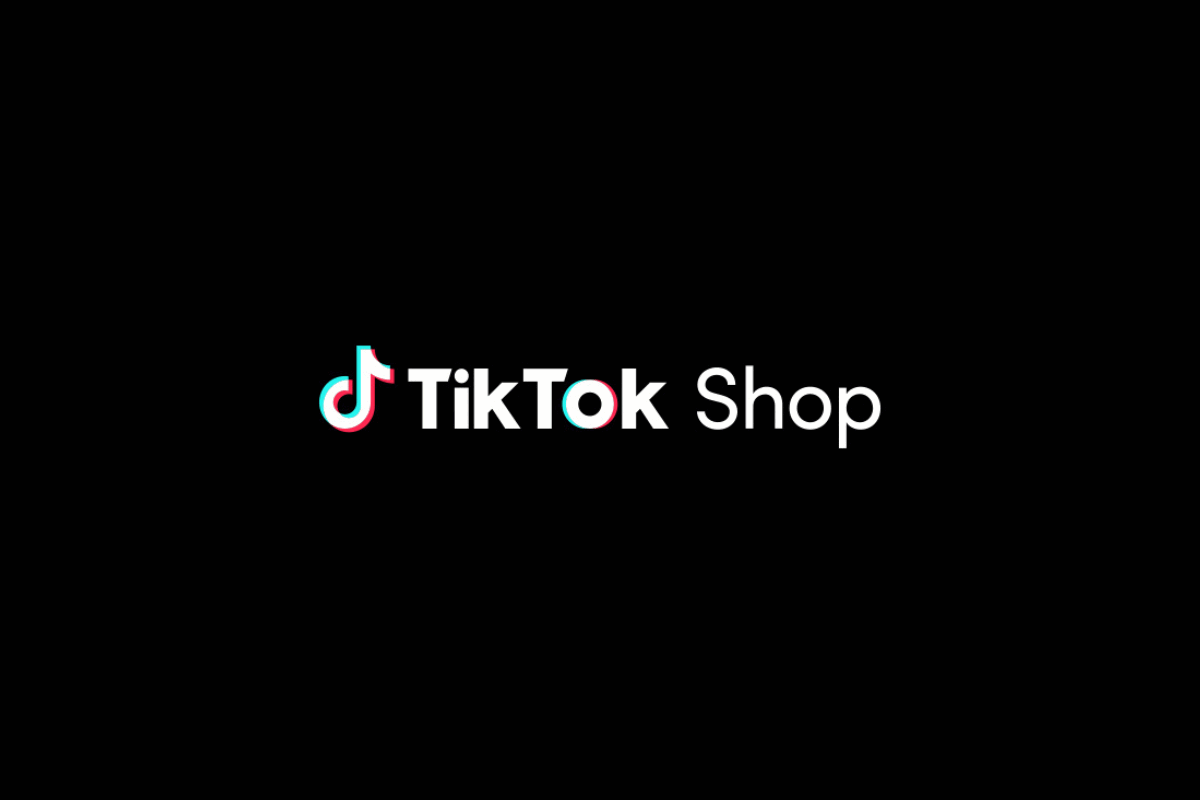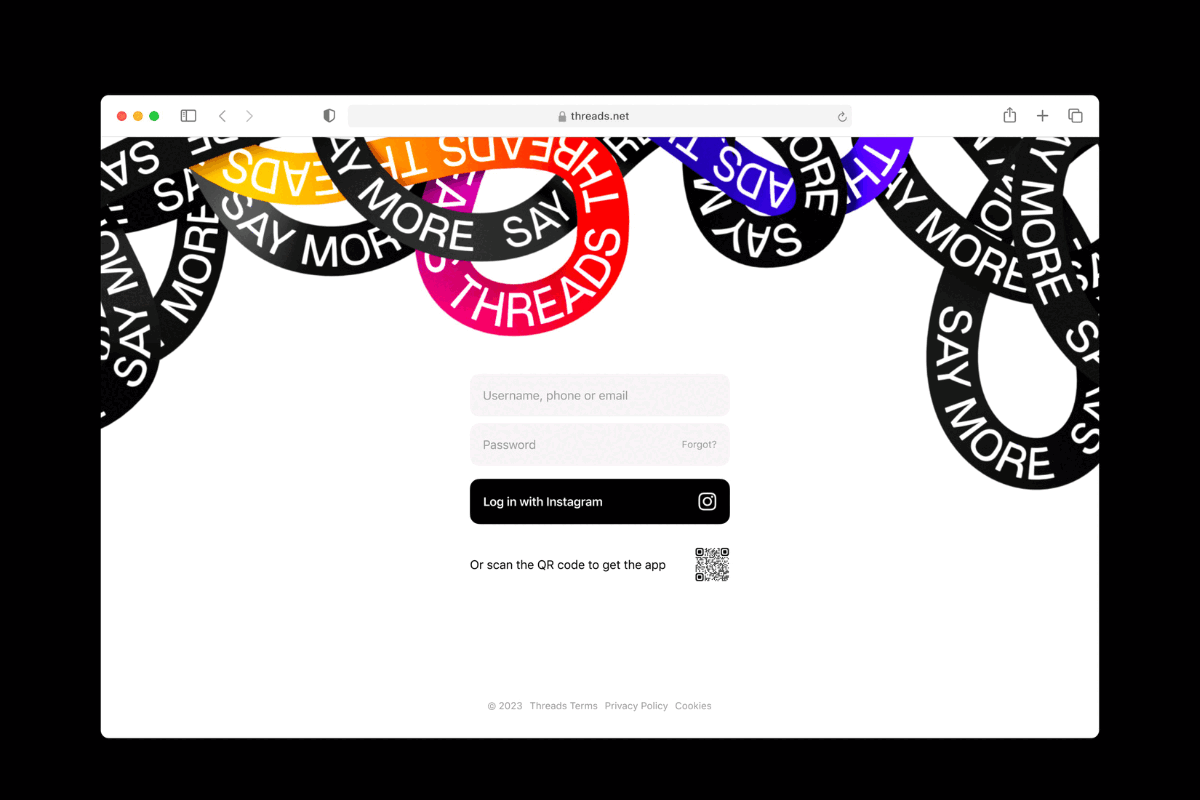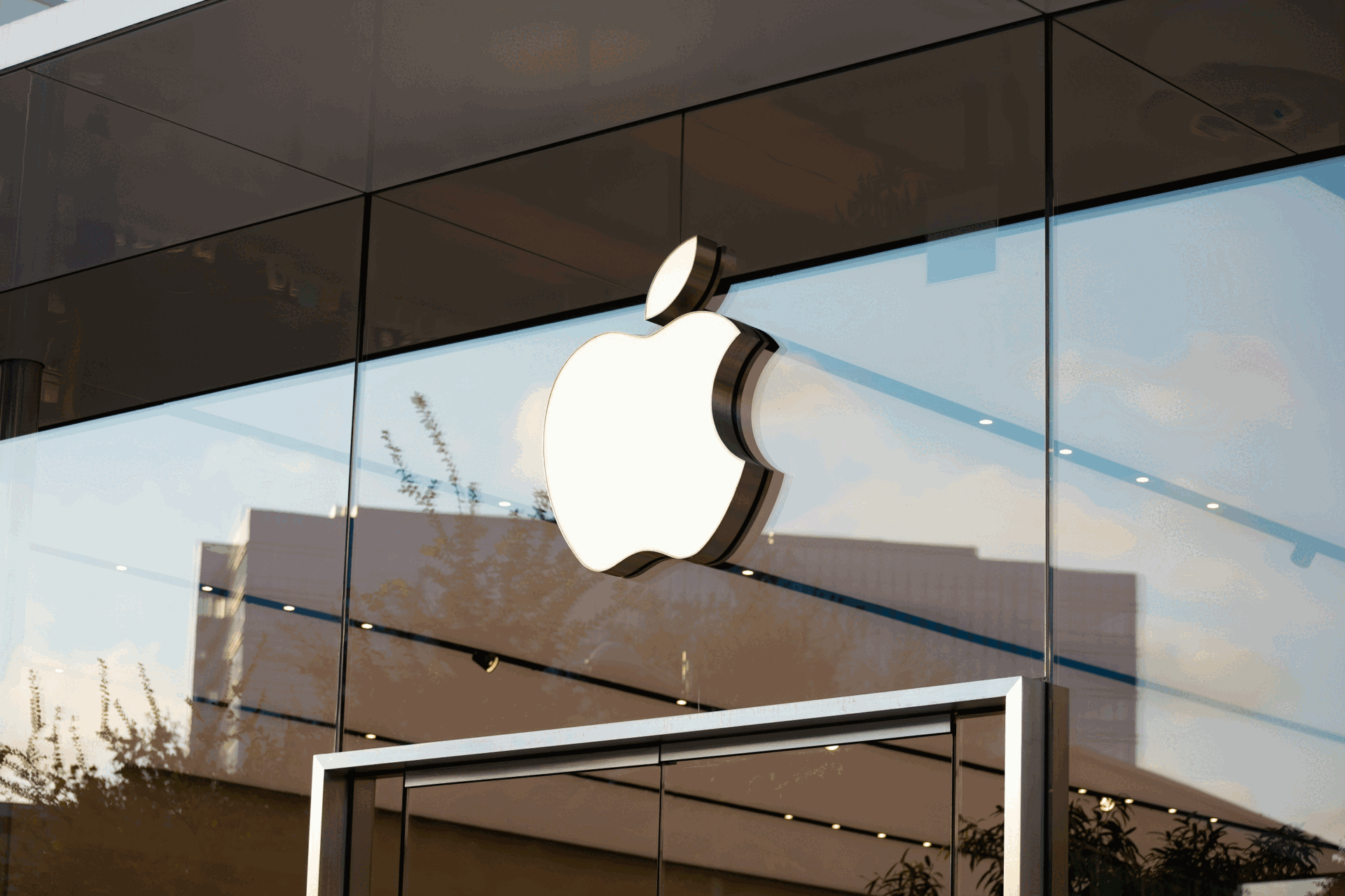Facebook Unveils Home
- Wednesday, April 3rd, 2013
- Share this article:
.thumbnail.jpg) Facebook has unveiled its latest product, Home – an app which essentially acts as a Facebook wrapper for Android, integrating the social networks features into the OS.
Facebook has unveiled its latest product, Home – an app which essentially acts as a Facebook wrapper for Android, integrating the social networks features into the OS.
The app is fairly wide-reaching, and splits up into a number of sections – the most prominent of which is Cover Feed, which takes over the phones lock and home screens and displays updates on the users friends.
Users can flip between stories, and the like process is simplified to a double tap.
Home also features overlaid notifications and chat heads, which combine updates with the relevant friends profile picturee. Chat heads are widgets that appear when a friend sends the user a message or SMS, which will overlay onto other apps and enable users to respond while engaging in other activities.
Home will come pre-installed on the HTC First, a smartphone designed specifically for this purpose. It seems the handset will be exclusive to a single operator per country – AT&T in the US, EE in the UK, and Orange in France.
The app will also be available from the Google Play Store, as of Friday 12 April, on a selected range of devices. Facebook has so far named the HTC One X and X+, and Samsungs Galaxy S3 and Galaxy Note 2, as well as the forthcoming HTC One and Galaxy S4, though compatibility with more devices is promised in the coming months.
Alex Spencer writes:
Admittedly Im not a Facebook addict, but as a fairly regular user of the social network, I honestly struggle to imagine why people would adopt Home.
It just seems a little restrictive – who really wants to make a single app the primary focus of their entire device? Then again, given that Facebook takes up 18 per cent of all mobile usage time, according to a Flurry report this week, perhaps it makes perfect sense.
But speaking anecdotally: Ive disliked any apps Ive encountered which attempted to integrate Facebook into my phone, beyond the odd push notification. I gave Sonys Timescape, which came pre-installed on my Xperia T, ten minutes of puzzled examination, and then swiftly deleted it. I am admittedly itching to get my hands on Home once it launches next week, but thats out of professional curiosity, and once Ive got my head around it I doubt the app will last much longer than Timescape did.
Meanwhile, a quick straw poll of friends and colleagues managed to unearth just one positive voice – and he isnt an Android user. Taking into account the number of times people have told me they think Facebook is over-saturated, Home actually starts to look slightly like a risky strategy. After all, people dont want their Facebook stream pushed into their faces constantly, and doing that could turn them off the social network entirely.
Those users will admittedly have chosen to opt in to using Home – but that could prove to be a problem in itself. As any app marketer will tell you, trying to convince people to download a new app isnt easy. The main Facebook app has always had great momentum and an unbeatable presence on Android and iOS alike, but look at its sister app, Facebook Messenger. Despite an impressive feature list – most recently, the addition of VoIP functionality – its number of monthly active users is somewhere under 60m. Not bad, until you consider that the total number of users for the Facebook app is 10 times that.
Of course, a small proportion of a number as large as 1.1bn (Facebooks current userbase) is still a rather large number, but thats not the game Facebook is in. As Mark Zuckerberg reportedly said while discussing rumours of a Facebook Phone at TechCrunchs Disrupt event last September: “If we did [develop a phone], we could get maybe 10m people to use it, 20m. That doesn’t move the needle for us.”
Could Home fail to move the needle for Facebook? Though, even if thats the case, does it really matter to the social networking giant?
Join us at the Mobile Retail Summit, London, 24 April.
















